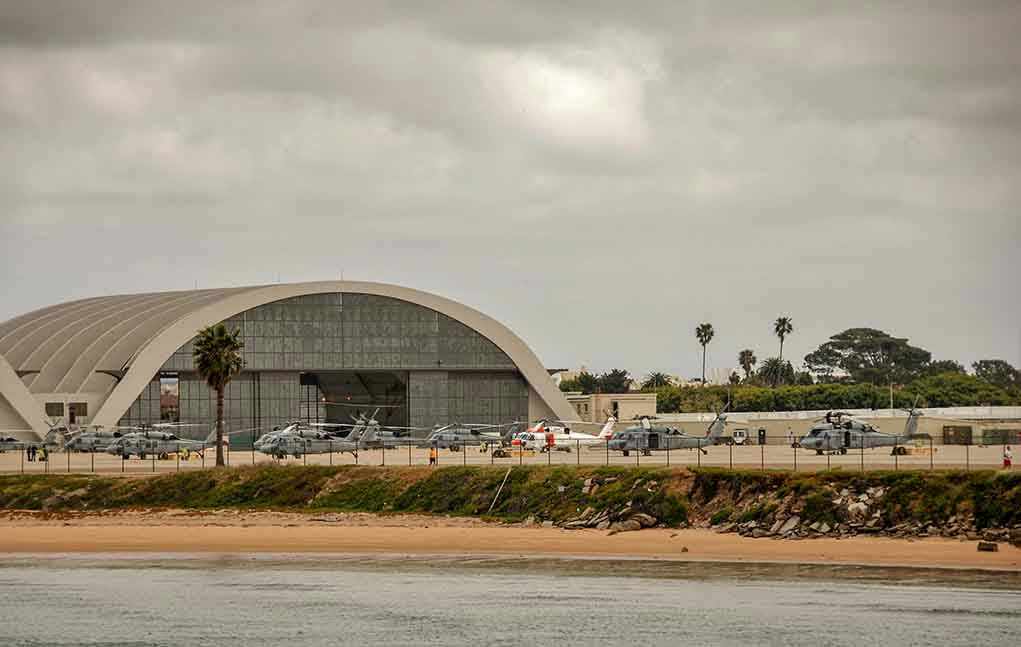
President Trump announced America’s intention to reclaim Bagram Airfield from Taliban control, signaling a bold shift toward reasserting U.S. strategic dominance after Biden’s catastrophic Afghanistan withdrawal.
Story Snapshot
- Trump declares U.S. efforts to regain control of strategic Bagram Airfield in Afghanistan
- Statement made during London visit emphasizes American leverage in international negotiations
- Move represents potential reversal of Biden administration’s disastrous Afghanistan exit strategy
- Bagram’s strategic location offers critical counterbalance to Chinese influence in the region
Trump Signals Strategic Reversal of Biden’s Afghanistan Disaster
President Donald Trump made clear during his London visit that the United States is actively pursuing the return of Bagram Airfield, the crucial military installation abandoned during the Biden administration’s chaotic Afghanistan withdrawal. Trump’s declaration that “We’re trying to get it back, because they need things from us” demonstrates his administration’s commitment to correcting one of his predecessor’s most devastating foreign policy failures. This strategic pivot reflects Trump’s understanding that American strength requires maintaining key military positions worldwide, particularly those that counter rising threats from China and other adversaries.
Bagram’s Critical Strategic Value Against Chinese Expansion
Bagram Airfield represents far more than a military base—it serves as America’s potential gateway to countering Chinese expansion across Central Asia. The facility’s proximity to China’s nuclear installations and its position along critical supply routes make it invaluable for intelligence gathering and rapid deployment capabilities. Under Taliban control since Biden’s withdrawal, the base has become a symbol of American retreat that emboldened adversaries worldwide. Trump’s determination to reclaim Bagram signals a return to peace-through-strength diplomacy that prioritizes American interests over globalist appeasement policies that weakened our strategic position.
Correcting Biden’s Foreign Policy Catastrophe
The Biden administration’s precipitous Afghanistan exit not only cost American lives but surrendered billions in military equipment and strategic positioning to terrorist organizations. Bagram’s abandonment represented the pinnacle of this foreign policy disaster, leaving America without critical intelligence-gathering capabilities in a volatile region. Trump’s renewed focus on reclaiming the base demonstrates his commitment to rebuilding American strength after four years of weakness and retreat. This approach aligns with conservative principles of maintaining military superiority and refusing to negotiate from positions of weakness that invite aggression from hostile regimes.
The President’s statement reflects his broader doctrine of leveraging American economic and military advantages to secure favorable outcomes for the United States. Rather than accepting the previous administration’s surrender of strategic assets, Trump recognizes that American taxpayers deserve leadership that protects national interests and maintains the military infrastructure necessary to defend freedom worldwide.
Trump: US wants Bagram Airfield in Afghanistan back https://t.co/ewaSvh8QNR
— Task & Purpose (@TaskandPurpose) September 18, 2025
Restoring American Strength Through Strategic Positioning
Trump’s pursuit of Bagram demonstrates his understanding that true diplomacy requires backing negotiations with overwhelming strength rather than the weakness displayed during the Biden years. The base’s recapture would restore America’s ability to monitor regional threats, provide rapid response capabilities, and signal to allies that the United States remains committed to global leadership. This approach resonates with Americans who witnessed four years of international humiliation under policies that prioritized global opinion over American security interests and constitutional responsibilities to protect the homeland.
Sources:
2025 state visit by Donald Trump to the United Kingdom




